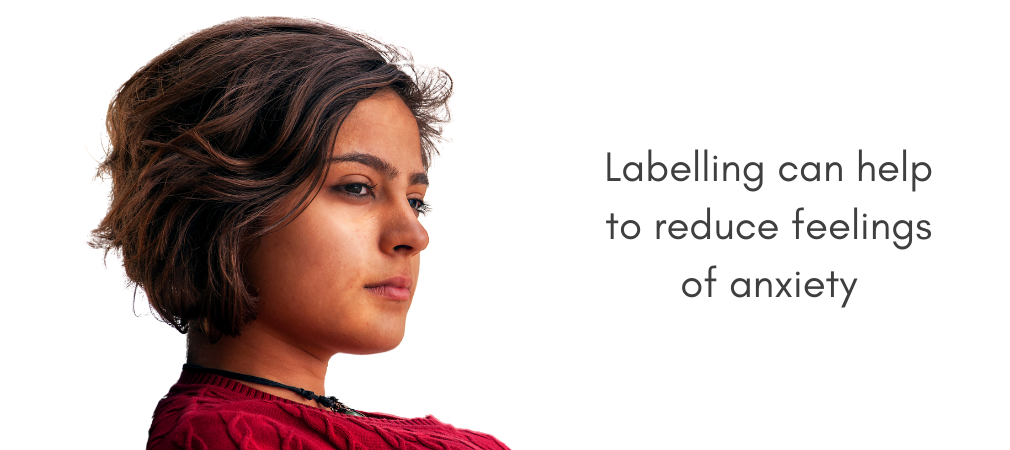3 Quick Tips to Manage Anxiety
During the past several years, anxiety disorders have been on the rise. And the current pandemic has contributed to increased anxiety for many Canadians.
Here are three more strategies to help manage feelings of anxiety:
1. Don't overestimate the emotional impact of future events
Have you ever had something planned, such as a meeting or a presentation, and you felt anxious every time you thought about it? And then, afterwards, you thought, "That wasn't that bad!"
This is called impact bias—our tendency to overestimate the length and intensity of future emotional states, such as anxiety.
So, next time you are faced with an anxiety-provoking situation in the future, remember the impact bias and avoid overestimating your level of anxiety.

2. Acceptance helps
Facing anxiety head-on and dealing with uncomfortable feelings is an important part of managing anxiety. However, our tendency to seek comfort and avoid discomfort makes it difficult to expose ourselves to anxiety-provoking situations.
Having control over our surroundings helps reduce feelings of anxiety. But what happens in situations that are beyond our control?
Oemig Dworsky et al. (2016) conducted a study in which they asked participants existential questions—in other words, questions about situations that were beyond their control.
Results showed that people who can confront these questions have lower anxiety levels. They are likely more able to accept difficult thoughts and situations beyond their control.
One way to become more accepting of things beyond our control is to practice mindfulness. Mindfulness helps us become less judgemental and more accepting of our thoughts.

3. Spend time in nature
Spending time in nature is beneficial for reducing anxiety.
Martyn & Brymer (2016) list several ways that being in nature helps to reduce feelings of anxiety:
Relaxation – people reported a reduction in stress and a sense of renewal.
Time out – a chance to be away from everyday life and stressors.
Enjoyment – it feels good to be in a natural environment.
Connection – feeling a part of something larger than yourself.
Sensory engagement – nature engages the five senses and provides an experience of peace and beauty.
Healthy perspective – helps to put the challenges of everyday life into perspective.
And one of the many benefits of living in northern Ontario is that nature surrounds us!
If you cannot be out in nature, studies have shown that merely looking at nature benefits your mental health.

What do you find to be most helpful for managing feelings of anxiety?
Join the conversation on Facebook!




